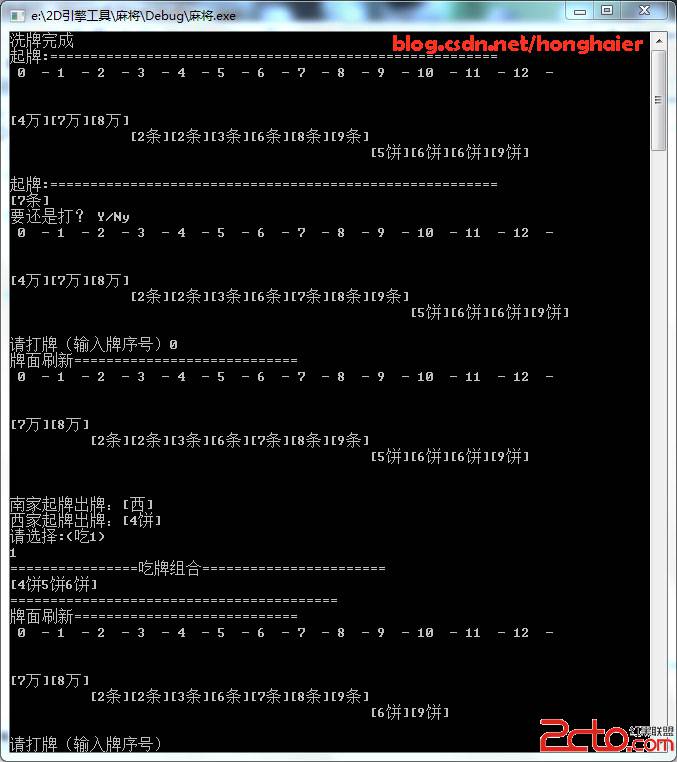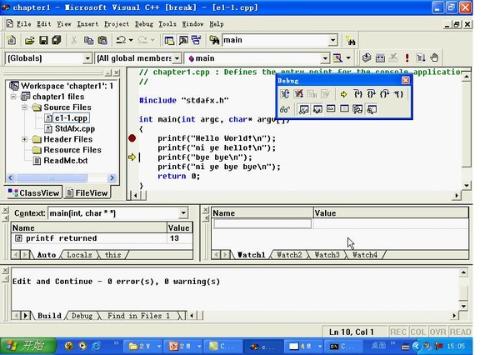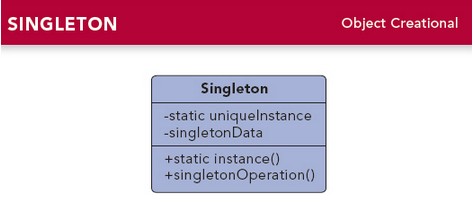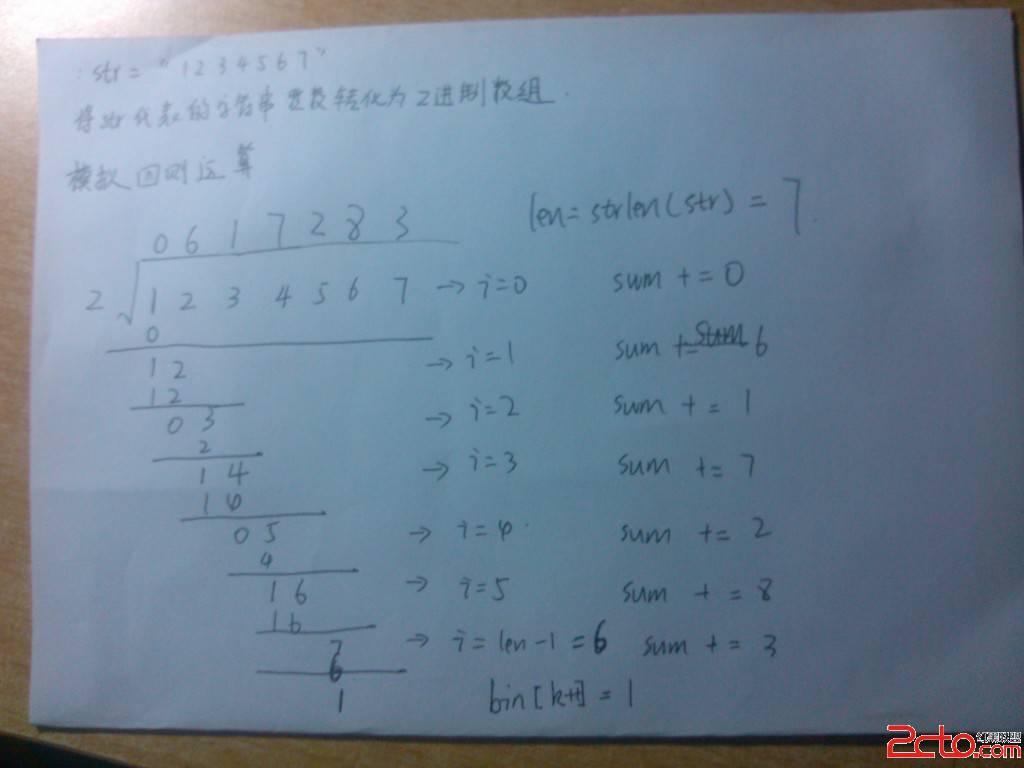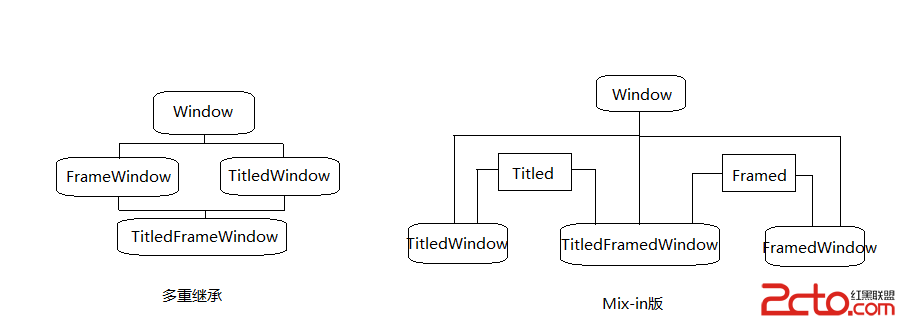函数内临时变量的释放时刻
如果函数没有返回值,则函数内部的变量在函数执行结束之后全部释放;
如果函数有返回值,则函数内临时变量在函数所在的赋值语句执行完毕之释放.
class Object
{
public:
Object() {cout<<"Object"<<endl;}
~Object() {cout<<"Object destroyed"<<endl;}
protected:
private:
};
class Base
{
public:
Base():selfid(n)
{
n++; cout<<"Base "<<selfid<<" by default"<<endl;
}
Base(int a):selfid(n)
{
n++; cout<<"Base "<<selfid<<"by "<<a<<endl;
}
Base(const Base& other):selfid(n)
{
n++; cout<<"Base "<<selfid<<" by copy"<<endl;
}
Base& operator=(const Base& other)
{
cout<<"Base "<<selfid<<" by ="<<endl; return *this;
}
virtual ~Base()
{
n--; cout<<"Base "<<selfid<<" destroyed"<<endl;
}
private:
int selfid;
static n;
};
int Base::n=0;
Base Test(Base b)
{
Object o;
return b;
}
int main()
{
Base b;
Base t=Test(b);
return 0;
}

b:0
Test(b):1
t:2
从这里可以看出,函数Test内的b,和o的释放都是发生在赋值语句创建了t之后进行的
你能说出这里至少两处合理性吗?
摘自 ClamReason的专栏
补充:软件开发 , C++ ,